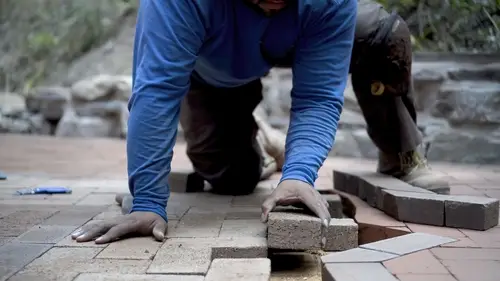Choosing a reputable contractor is one of the most important steps in ensuring your project runs smoothly, stays on budget, and meets quality expectations. Here are some key factors and steps you can follow:
1. Check Credentials and Licensing
- Verify that the contractor holds the proper licenses required in your state or municipality.
- Ask for proof of insurance (general liability and workers’ compensation) to protect yourself from liability in case of accidents.
- Look into their memberships with professional associations (e.g., Associated General Contractors, Better Business Bureau), which can be a sign of professionalism.
2. Review Experience and Track Record
- Look for contractors who specialize in the type of work you need—commercial, residential, or specialized trades.
- Ask for a portfolio of completed projects similar to yours.
- Check how long they have been in business—established contractors usually have more stable operations.
3. Gather References and Reviews
- Request at least three references from past clients. Contact them and ask about timeliness, quality of work, and how the contractor handled problems.
- Read online reviews on platforms like Google, Yelp, or Houzz. Pay attention to both the content and the contractor’s response to feedback.
4. Evaluate Communication and Professionalism
- Observe how quickly and clearly the contractor responds during the bidding or consultation process.
- Look for transparency in how they explain costs, timelines, and potential challenges.
- Professionalism in communication often reflects professionalism in project management.
5. Get Multiple Bids
- Obtain written estimates from at least 3 contractors.
- Compare not just price but also the scope of work, materials, and schedule. A bid that is unusually low can be a red flag.
6. Review the Contract Carefully
- Ensure all details—scope, materials, timeline, payment schedule, warranties—are clearly written.
- Avoid contractors who push for large upfront payments. Industry standard is often 10–30% upfront, with progress payments tied to milestones.
7. Check Financial Stability
- Ask if the contractor has suppliers or subcontractors they work with regularly and whether they pay them on time.
- You can request a letter of reference from their bank or suppliers to confirm reliability.
8. Trust Your Instincts
- If something feels off during the early stages (vague answers, lack of documentation, pushy sales tactics), it’s safer to walk away.
- A reputable contractor should make you feel confident, not pressured.
Quick Tip: Always put everything in writing. Verbal promises don’t hold up if issues arise later.





